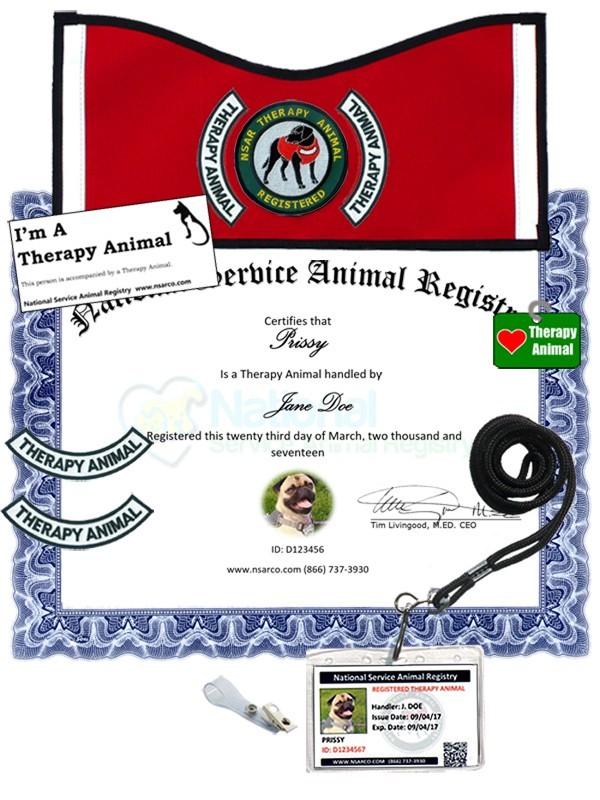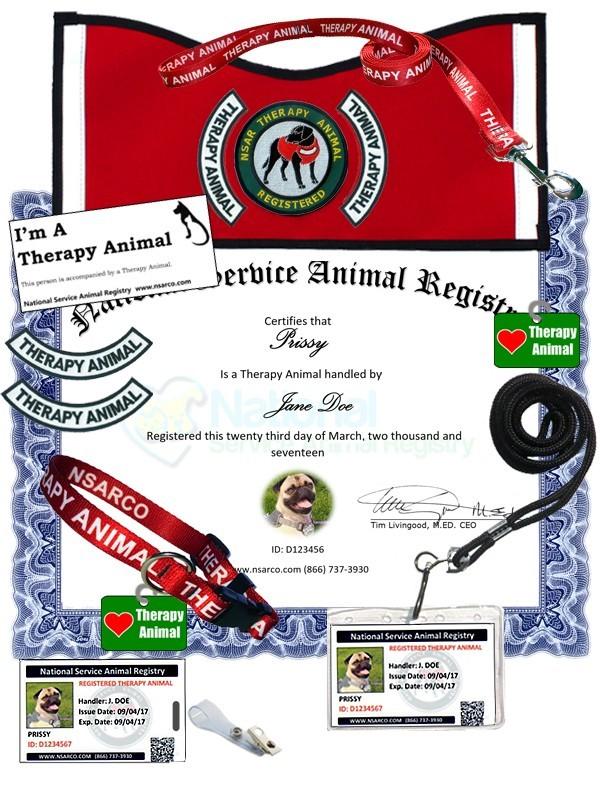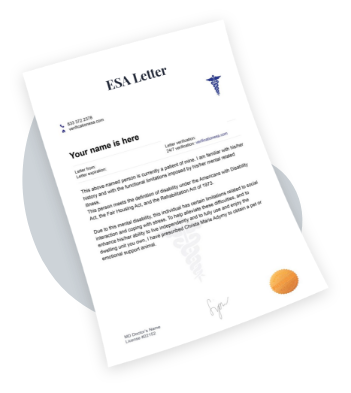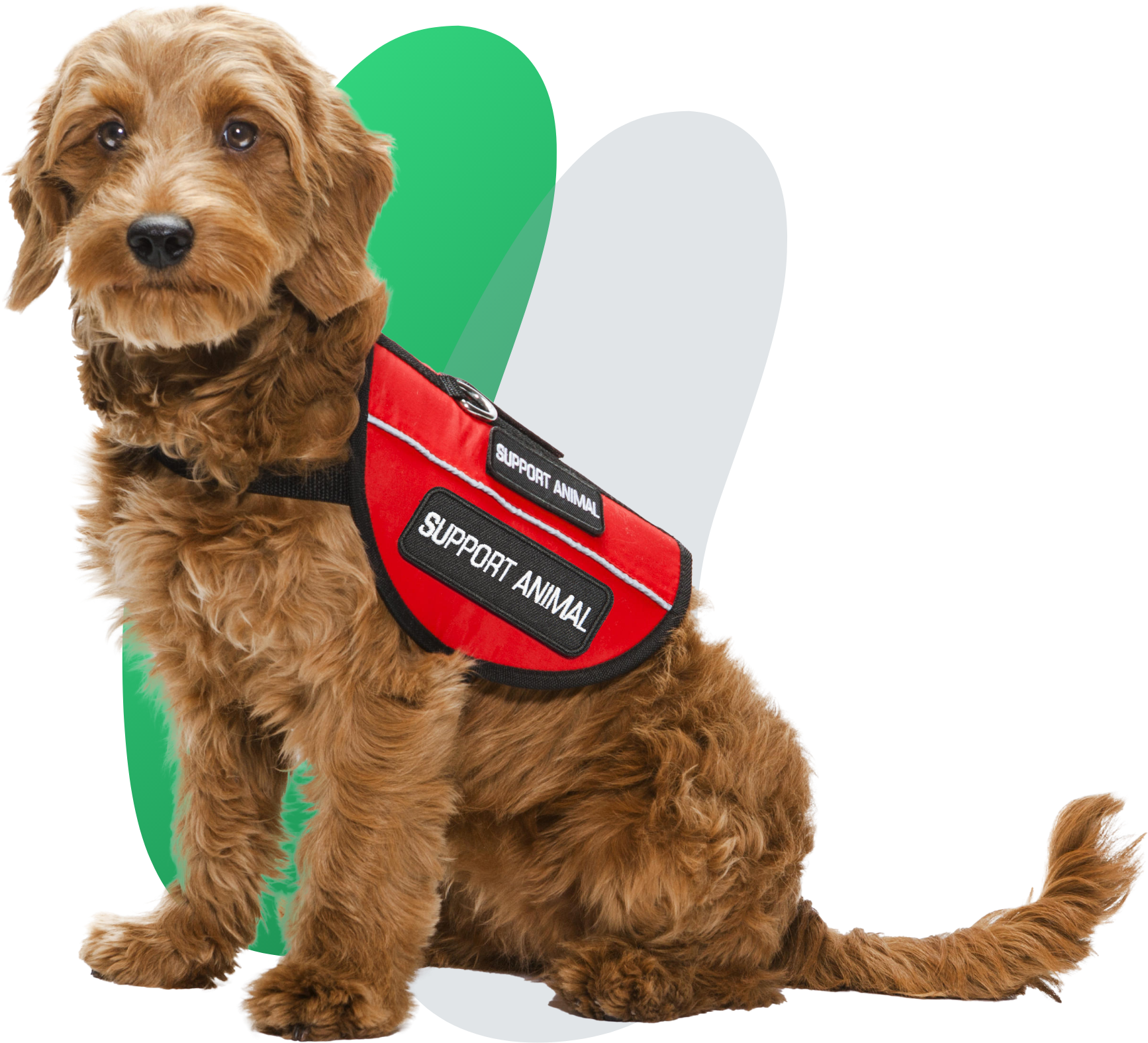We're excited to share something all service dog owners need: Kits designed to help service animal owners show the public that their service dog is legitimate - all at afforad prices. Choose between our essential, deluxe, and premium kits.
Not sure if you qualify? Take our free 3-minute instant assessment

*SERVICE DOGS "IN-TRAINING" HAVE NO FEDERALLY PROTECTED RIGHTS.

*SERVICE DOGS "IN-TRAINING" HAVE NO FEDERALLY PROTECTED RIGHTS.
Our team is happy to walk you through your kit options in order to ensure you make the right purchase for your service dog kit products.
If you don't already have a licensed therapist to help, you can order our "no-risk" PSD Letter Assessment to get everything you need!
Get PSD Letter
Although Therapy Animal Registration is highly recommended, it is not required by law. There are tangible benefits of registering your dog, however, that will make life much easier for you when the two of you are in public.

Registering your dog as a Therapy animal, legitimizes it and you (officially establishing your dog's service dog legtimacy) and helps eliminate the hassles and confrontations you'll almost certainly encounter without: To make life easier for disabled persons who travel in public with service dogs and emotional support animals.
Stores, restaurants, hotels, etc. are require by law to let you bring your service dog inside. However, some public entities are uninformed of the laws and will stand their ground that identification is required to enter their estbalishment. With your NSAR service vest and ID card to formalize your dog's look, these uncomfortable encounters turn into more accepting situations, allowing you do your business undisturbed.

100% refund within 30 days of your purchase - If you are unsatisfied for any reason, just contact us. You just need to return the items back to us to get refund.
We are so confident in our USA-made products and our legendary customer service that we stand behind every single product and service we offer.
Find answers to common questions pet owners have about Emotional Support Animals (ESA)